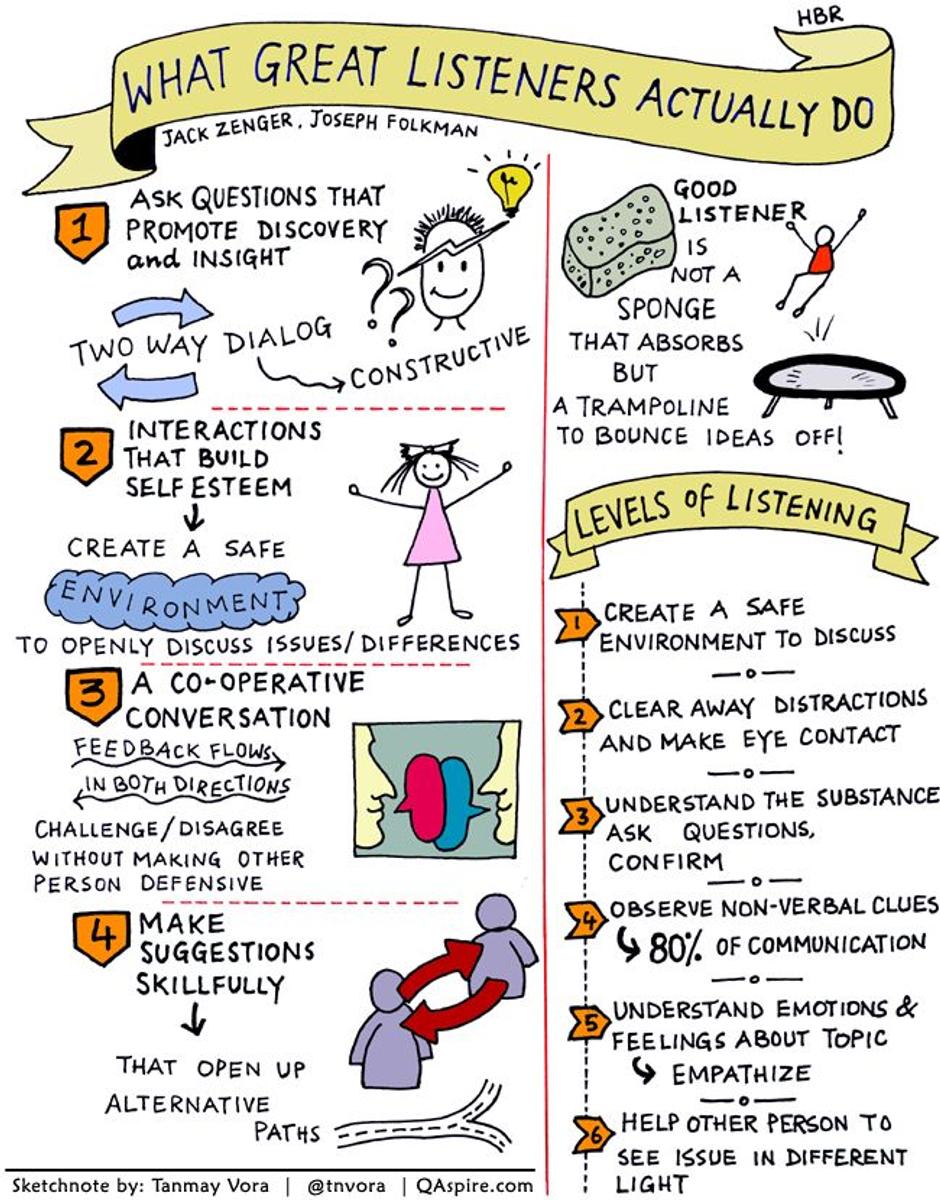Chaplain's Chat

Hi everyone,
One of the most important skills you can learn and teach your children is how to listen. Listening is an important skill in all areas of life, yet most of us aren't as good at listening as we would like. When you show you're listening to someone, it is so much more rewarding for the person talking to you.
One great way to show you are listening is to practice active listening. Active listening is a pattern of listening that keeps you engaged with your conversation partner in a positive way. It is the process of listening attentively while someone else speaks, paraphrasing and reflecting back what is said, and withholding judgment and advice.
When you practice active listening, you make the other person feel heard and valued. It's a solid foundation for any successful conversation in any setting, whether at work, at home, or in social situations.
As a parent, using active listening with your children can encourage them to open up more about their feelings and reduce behaviours at home. When a child feels they can communicate with you and talk to you, they feel safe and understood and are less likely to act out.
Here is how to active listen:
- Pay attention and show it: Concentrate fully on what is being said and listen with all your senses and give your full attention. Show you are listening by maintaining eye contact and be mindful of your non-verbal behaviors (e.g. smile, lean in and not at key moments)
- Reflect what you hear: Paraphrase what the person has said rather than offering advice or opinions. For example, "What I'm hearing is that you're frustrated". This can make the person feel validated and understood.
- Withhold judgement: Remain neutral and non-judgemental so that the person feels safe to continue sharing their thoughts
- Ask open-ended questions: Avoid "yes" or "no" questions, and instead ask questions which show you are interested and encourage thoughtful responses
- Be patient: Don't interrupt or constantly think of your own response or top the story. Listen to understand, not respond or change the subject.
Learning how to active listen can also help you teach active listening to your children, which will set them up with skills they need for life.

